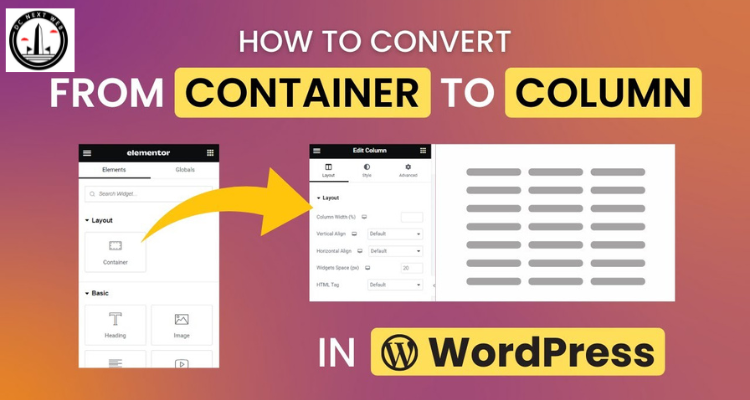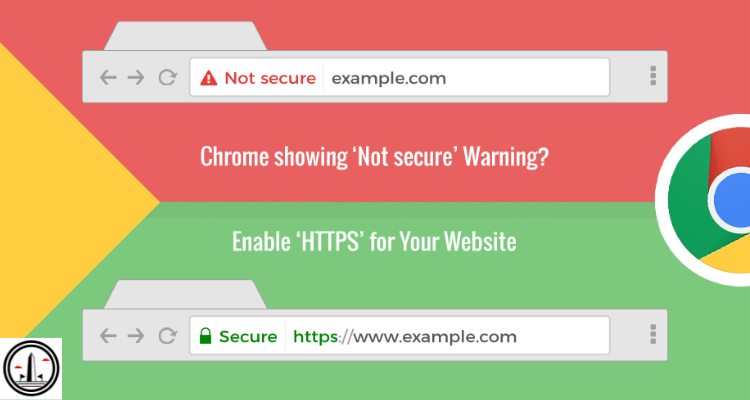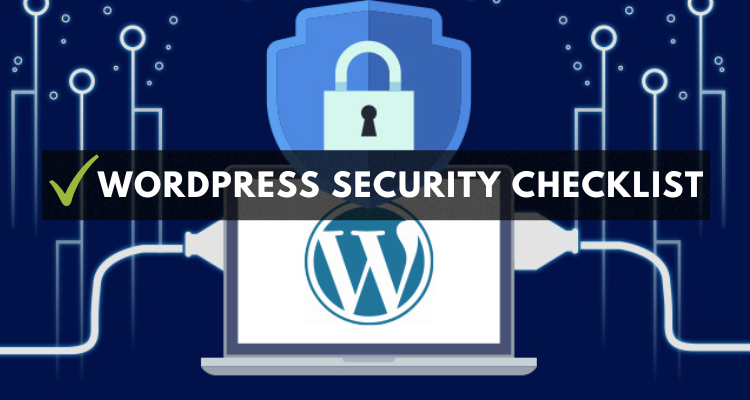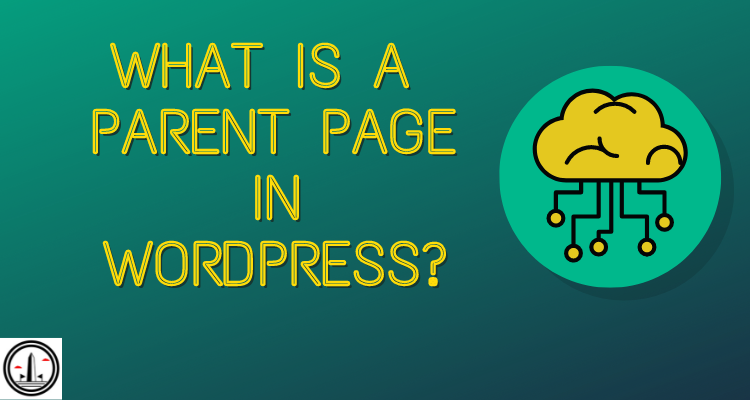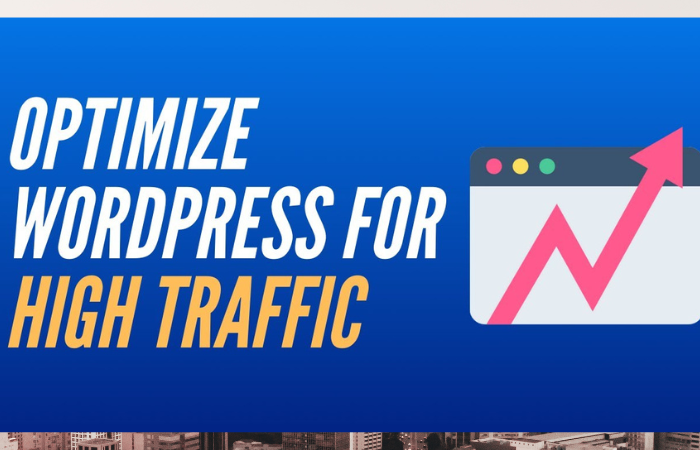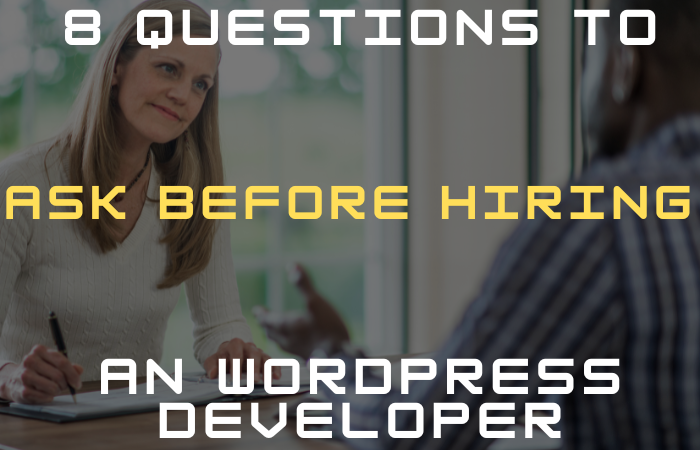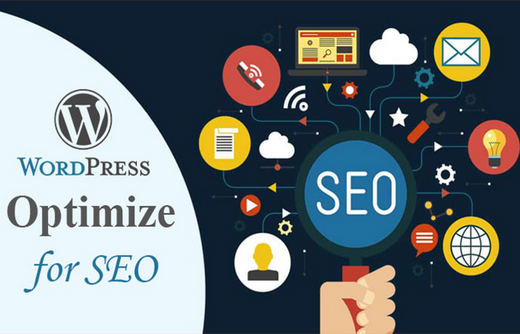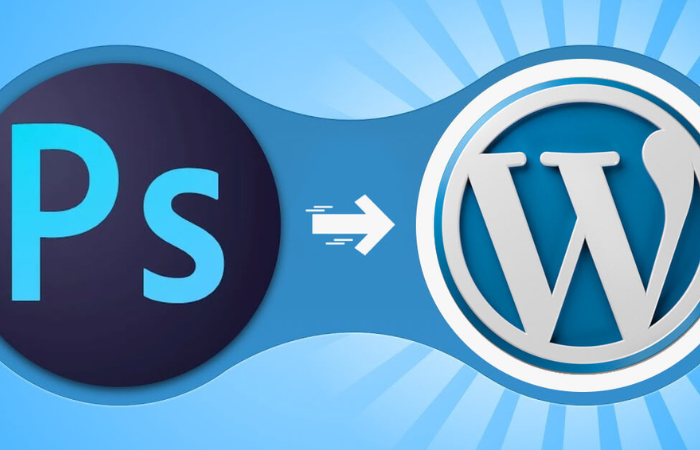Which Is Best for E-Commerce Website Development - Magento OR WordPress?
For developing an e-Commerce website for your business, finding the best website builder is essential. The two names, Magento and WordPress, will pop up every time you search for the best-suited eCommerce platform builder. They have multiple features and smooth functionality. But trying to choose between one of them can become challenging. Hence, for your ease and comfort, we have created a list of pros and cons for both WordPress and Magento.
1) About WordPress

WordPress is an open-source website builder that offers both front-end and back-end.
It has a variety of customizable themes to fit your business needs, and also offers multiple plugins for building the most suitable website for you.
Its special blogging feature helps in providing regular updates for various products. It comes with 57 distinct languages and offers over 50,000 plugins and over 31,000 themes.
As per the w3techs reports, WordPress is the most popular Content Management System, capturing 65.2% of the overall CMS market.
And as of 2022, it is used by 43.2% of all websites on the internet and 20% of its websites use WooCommerce.
Pros
Unlike Magento which offers only premium services to its users, WordPress is a free platform that can be downloaded and used by anyone.
The user interface is kind to beginners and helps them to learn as quickly as possible. It has exceptional SEO features, which help your business website rank better on top search engines like Bing and Google.
It is Yoast SEO is the most downloaded and high-rated free plugin in the WordPress directory with more than 25,000 five-star ratings.
Cons
Although it has amazing blogging features, it is insufficient for building an advanced e-Commerce website.
It lacks important features such as product bundles and multi-currency functionality which are vital in the e-Commerce sector.
WordPress takes up a lot of resources and it is necessary to run a dedicated server. This makes it completely futile for e-commerce websites that need high traffic.
Along with this, it has a very limited number of customizable features which can be used for building online websites.
And unlike Magento, it has a set number of existing themes and plugins which only help to change colors and reorganize the menu options.
And if you want better functionalities and SEO options, you will have to pay your way into it.
2) About Magento

Magneto is also an open-source e-Commerce website builder and is built on the Symfony framework, which is used for creating complex applications.
It has hundreds of unique features for excellent online store development and enables its users to build their desired customized applications through its engaging programmatic interface.
It also provides front-end and back-end functionalities. Globally, around 250,000 merchants use Magento as their e-commerce platform. Companies such as Ford, Bulgari, Omega Watches and Liverpool use Magento.
Pros
Due to it being an open-source platform, the code is available publicly on the Github platform.
This makes it more accessible and flexible for its users, equipping them with the capability to customize more efficiently and build a unique website catering to your business needs.
It also provides a superior user experience because of the templates that Magento employs.
It also stores a wide range of payment gateways for its clients such as cash on delivery, Skrill, Pay Pal etc.
Cons
Magento, being as advanced as it is, is severely complex for beginners to understand.
You need existing knowledge regarding various programming coding languages such as CSS, HTML etc., to operate the platform.
It doesn’t offer third-party plugins or themes and is not user-friendly, which necessitates a Magento Developer, who is an expert at handling Symfony Framework.
It also lacks marketing tools and support of multiple payment options, which are required in the current business sectors.
Conclusion
WordPress and Magento are both high-performing and efficient e-Commerce website development platforms.
They offer several themes and all sorts of plugins to enhance the overall experience for the users.
The major difference lies in the coding language that they use. You need to know about PHP for Magento, whereas for WordPress, you don’t need to know about coding.
Select the website development platform that best suits your business.
RELATED POSTS
-
 How to Convert From Container to Column WordPress05 Nov 2023 Website Design
How to Convert From Container to Column WordPress05 Nov 2023 Website Design -
 SSL certificates and SEO rankings: How important is SSL?12 Aug 2023 Website Design
SSL certificates and SEO rankings: How important is SSL?12 Aug 2023 Website Design -
 The Comprehensive WordPress Security Checklist for Protecting Your Website05 Aug 2023 Website Design
The Comprehensive WordPress Security Checklist for Protecting Your Website05 Aug 2023 Website Design -
 How Much Does It Cost to Maintain a WordPress Website?20 Jul 2023 Website Design
How Much Does It Cost to Maintain a WordPress Website?20 Jul 2023 Website Design -
 What is a Parent Page in WordPress?03 Jul 2023 Website Design
What is a Parent Page in WordPress?03 Jul 2023 Website Design -
 7 Incredible Tips to Prevent the Crumpling of WordPress Website from Heavy Traffic25 May 2023 Website Design
7 Incredible Tips to Prevent the Crumpling of WordPress Website from Heavy Traffic25 May 2023 Website Design -
 8 Essential Questions to Ask Before Hiring an Expert WordPress Developer24 May 2023 Website Design
8 Essential Questions to Ask Before Hiring an Expert WordPress Developer24 May 2023 Website Design -
 30 SEO Tips to Optimize WordPress Site for Greater Traffic23 May 2023 Website Design
30 SEO Tips to Optimize WordPress Site for Greater Traffic23 May 2023 Website Design -
 7 Incredible Benefits of Converting PSD to WordPress for Business19 May 2023 Website Design
7 Incredible Benefits of Converting PSD to WordPress for Business19 May 2023 Website Design

